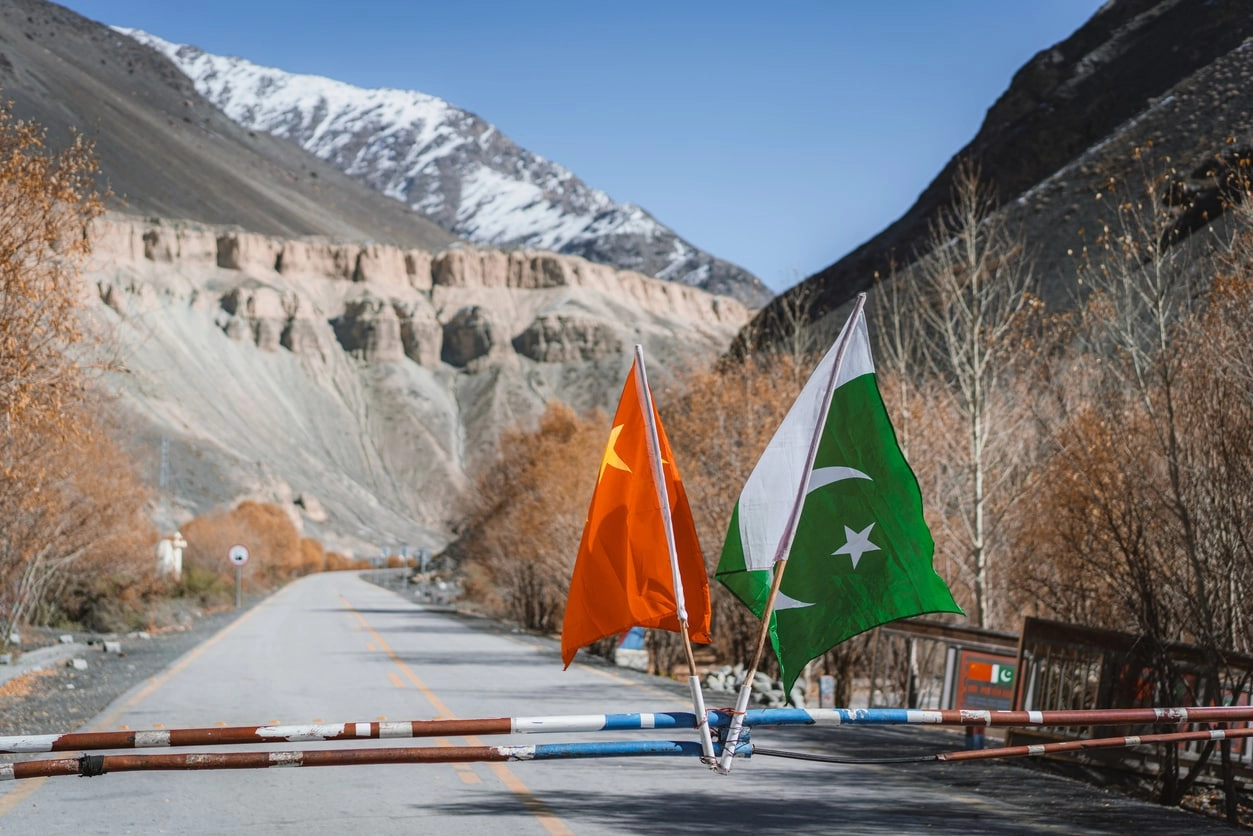Recent discussions among Chinese analysts have spotlighted an emerging narrative that paints India as a significant threat, particularly regarding its historical context, notably the 1962 Sino-Indian War. This renewed focus on India’s perceived aggression seems to stem from a combination of geopolitical rivalry and the ongoing tensions along the India-China border. In these discussions, experts from China have increasingly voiced support for Pakistan, framing the country as a bulwark against Indian expansionism. This perspective is not merely a reflection of diplomatic niceties but indicates a deeper strategic alignment between China and Pakistan in the face of what they term as India’s aggressive posturing.
The rhetoric surrounding the ‘Indian threat’ serves multiple purposes for Chinese commentators. Firstly, it reinforces the narrative of a united front against a common adversary, thereby strengthening the Sino-Pakistani alliance. By categorizing India as a looming menace, these experts aim to rally nationalistic sentiments within China and justify its military posturing in the region. Additionally, this framing seeks to legitimize Pakistan’s struggles and position it as a key player in countering Indian influence, ultimately reinforcing Beijing’s influence in South Asia.
Furthermore, the historical context of the 1962 War is often invoked to underscore the long-standing grievances that India and China share. This conflict, which ended in a decisive victory for China, is cited not only as a historical reference but also as a cautionary tale about India’s military ambitions. By revisiting this narrative, Chinese experts aim to remind their audience of the vulnerabilities and challenges that India faces, particularly in terms of its territorial disputes. This historical framing contributes to a broader discourse that seeks to challenge India’s rising global profile and its aspirations for greater regional leadership.
In conclusion, the discourse emerging from Chinese experts regarding India’s supposed threat and the accompanying support for Pakistan illustrates a complex interplay of historical grievances, geopolitical strategy, and national identity. This narrative serves as a mechanism to solidify alliances and justify military posturing, while simultaneously aiming to undermine India’s regional ambitions. As the geopolitical landscape continues to evolve, the implications of this narrative will be crucial for understanding the dynamics of South Asian security and the broader implications for global power shifts.




